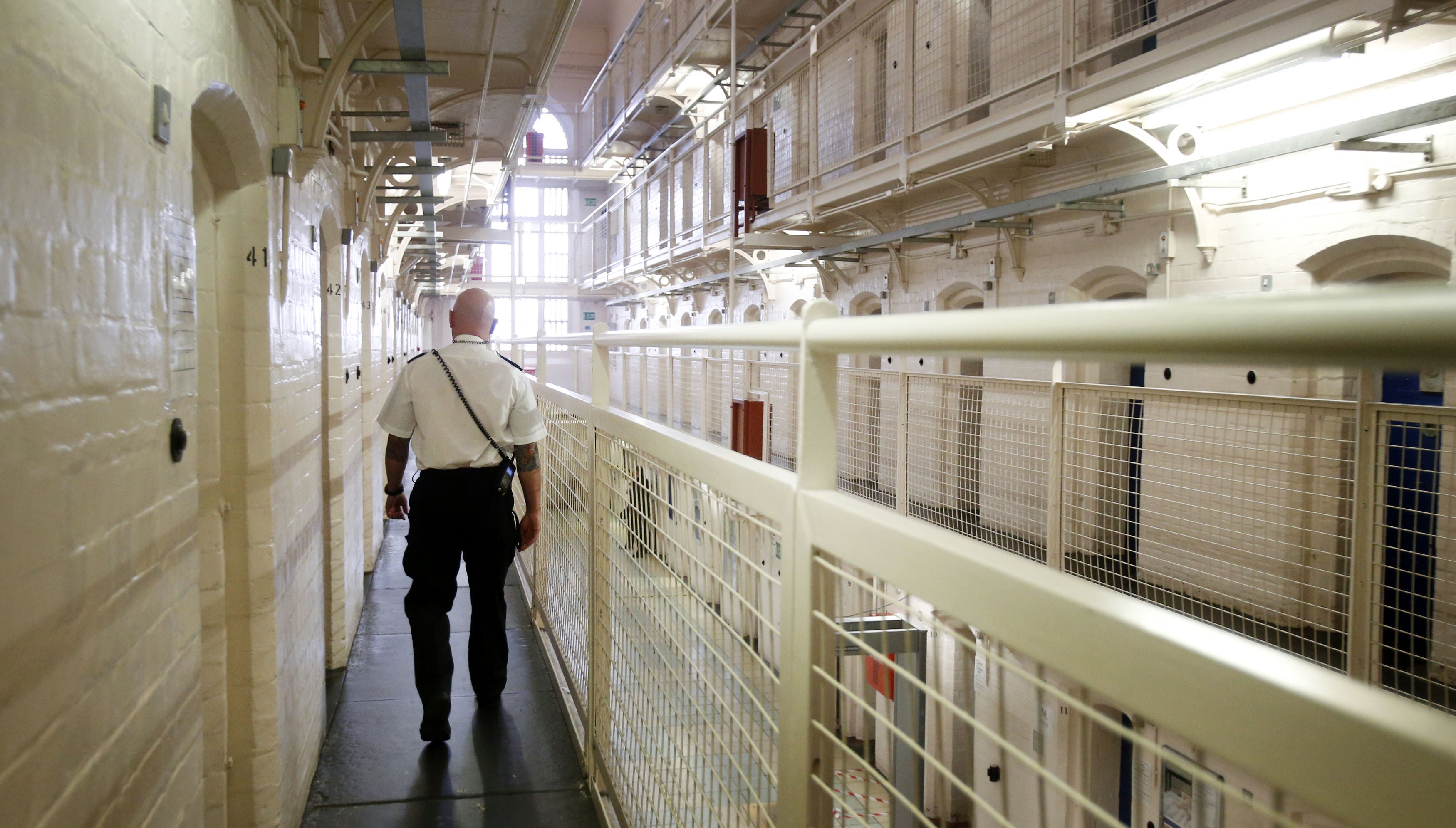‘Disappointing’ progress in work to keep women out of prison – report
Whitehall’s spending watchdog the National Audit Office found the Ministry of Justice has not made its female offender strategy a ‘priority’.

Your support helps us to tell the story
From reproductive rights to climate change to Big Tech, The Independent is on the ground when the story is developing. Whether it's investigating the financials of Elon Musk's pro-Trump PAC or producing our latest documentary, 'The A Word', which shines a light on the American women fighting for reproductive rights, we know how important it is to parse out the facts from the messaging.
At such a critical moment in US history, we need reporters on the ground. Your donation allows us to keep sending journalists to speak to both sides of the story.
The Independent is trusted by Americans across the entire political spectrum. And unlike many other quality news outlets, we choose not to lock Americans out of our reporting and analysis with paywalls. We believe quality journalism should be available to everyone, paid for by those who can afford it.
Your support makes all the difference.The Government has made “limited progress” on steering women away from crime and keeping them out of prison, according to a report.
Whitehall’s spending watchdog the National Audit Office (NAO) found the Ministry of Justice has not made its female offender strategy a “priority” or matched its promises with funding.
The Government previously promised to cut the number of women in custody and provide effective support to deal with problems which could lead to crime in the first place or reoffending.
Gareth Davies, head of the NAO, said: “The Ministry of Justice has not made the female offender strategy a priority.
“The strategy is intended to improve outcomes for women, but a lack of clear goals makes it hard to evaluate progress. Even in the areas where it focused attention, such as developing community options for women, delivery has been disappointing.
“The Ministry of Justice must clarify its aspirations and priorities for women, and match these to clear actions and funding, to improve how the criminal justice system treats women.”
Kate Paradine, chief executive of the charity Women in Prison accused the Government of “failing to follow its own evidence and strategy which acknowledges most women in prison should not be there” and urged it to invest in support services rather than spend money on building more prison places.
We are investing tens of millions of pounds over the next three years into community services like women’s centres, drug rehabilitation and accommodation support so that fewer women end up in prison
The Safe Homes for Women Leaving Prison initiative said the report made for “deeply depressing reading”, adding: “To deliver on its own strategy, the Government needs to find and invest the modest sums required and learn from, and adopt, the initiatives already working in the volunteer/charity sector… In particular, it has to accept that discharging any woman into homelessness, never mind the staggering high numbers that we are seeing, is not in the best interests of the individual, society or the taxpayer.”
A Ministry of Justice spokesman said: “We launched the female offenders strategy in 2018 with the aim of steering women away from crime and since then the number of women entering the criminal justice system has fallen by 30%.
“We are investing tens of millions of pounds over the next three years into community services like women’s centres, drug rehabilitation and accommodation support so that fewer women end up in prison.”